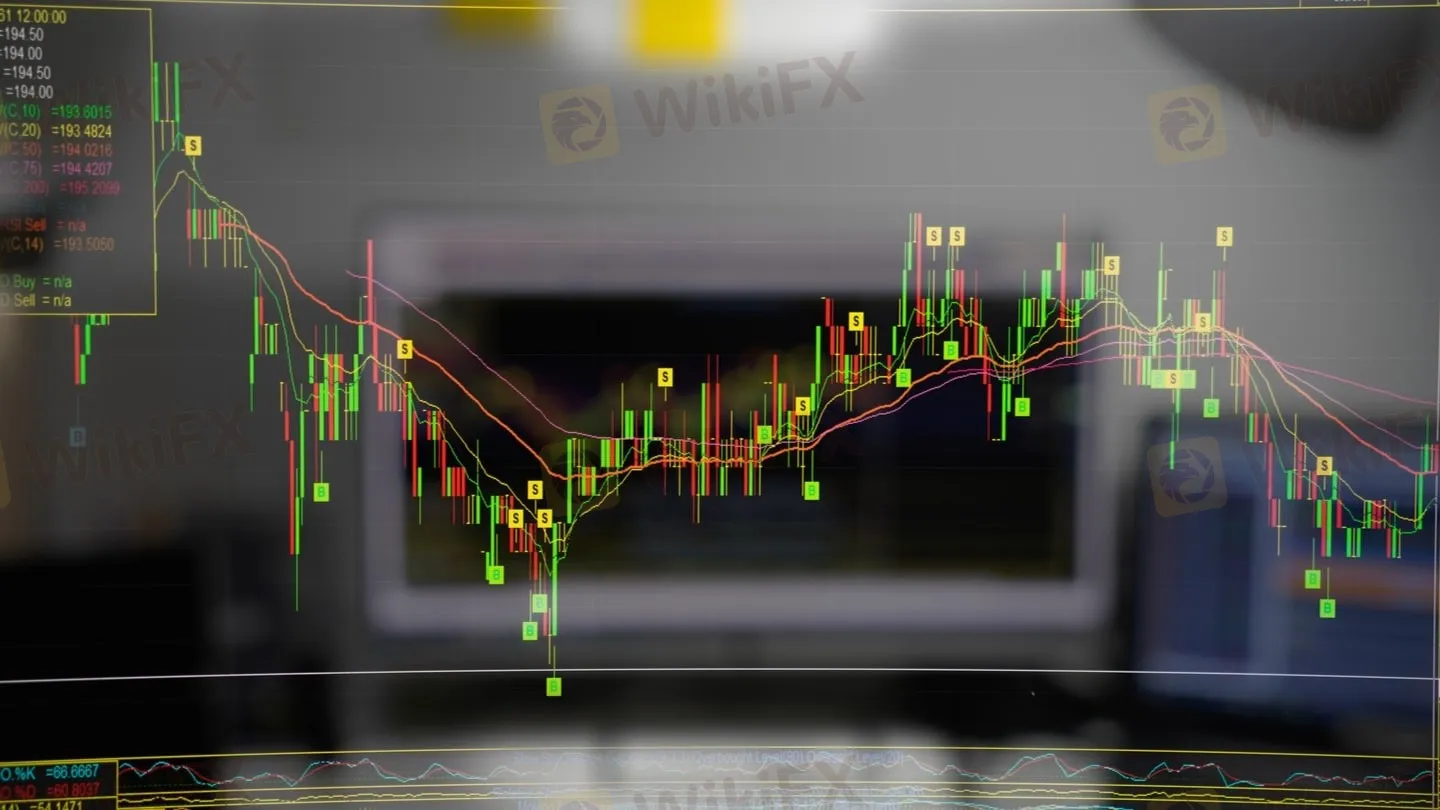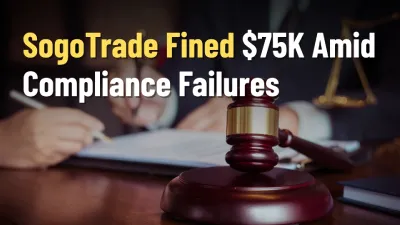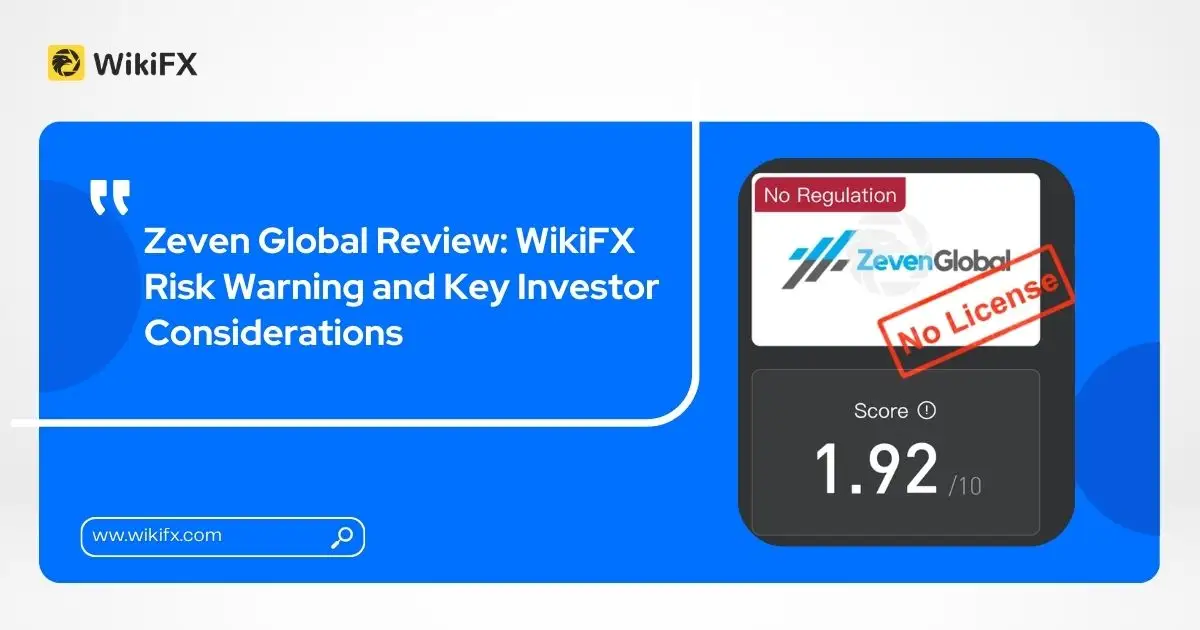Abstract:This article debates in favour of the notion that a trader is their own worst enemy, and that human error is at the root of most problems. In short, the main reason why Forex traders lose money is no rocket science. It's the traders themselves.
One commonly known fact is that a significant amount of forex traders fail. Various websites and blogs even go as far as to say that 70%, 80%, and even more than 90% of forex traders lose money and end up quitting. Let's consider the following statement. If it's true that the market can only go up or down over the long-term, then using the most basic 1:1 risk/reward ratio, there should be at least 50% winners, shouldn't there? Well, there isn't.

This article debates in favour of the notion that a trader is their own worst enemy, and that human error is at the root of most problems. In short, the main reason why Forex traders lose money is no rocket science. It's the traders themselves.
Financial trading, including the currency markets, requires long and detailed planning on multiple levels. Trading cannot commence without a trader's understanding of the market basics, and an ongoing analysis of the ever changing market environment. For those interested in investing and trading.
Read through the suggestions below and you will learn how to avoid losing money in Forex trading.
OvertradingOvertrading
Refers to the excessive buying and selling of stocks by either a broker or an individual trader. Overtrading, either trading too big or too often is the most common reason why Forex traders fail. Overtrading might be caused by unrealistically high profit goals, market addiction, or insufficient capitalisation. We will skip unrealistic expectations for now, as that concept will be covered later in the article.
Insufficient capitalisation
The higher you trade the higher probability of success. Most traders know that it takes money to make a return on their investment. One of Forex's biggest advantages is the availability of highly leveraged accounts. This means that traders with limited starting capital can still achieve substantial profits (or indeed losses) by speculating on the price of financial assets.
Whether a substantial investment base is achieved through the means of high leverage or high initial investment is practically irrelevant, provided that a solid risk management strategy is in place. The key here is to ensure that the investment base is sufficient. Having a sufficient amount of money in a trading account improves a trader's chances of long-term profitability significantly – and also lowers the psychological pressure that comes with trading.
As such, traders risk smaller portions of the total investment per trade, while still accumulating reasonable profits. So, how much capital is enough? Here it is important to learn how to stop losing money in Forex trading due to improper account management. The minimum Forex trading volume any broker can offer is 0.01 lot.
This is also known as a micro lot and is equivalent to 1,000 units of the base currency that is being traded. Of course, a small trade size is not the only way to limit your risk. Beginners and experienced traders alike need to think carefully about the placement of stop-losses. As a general rule of thumb, beginner traders should risk no more than 1% of their capital per trade. For novice traders, trading with more capital than this increases the chances of making substantial losses.
Carefully balancing leverage whilst trading lower volumes is a good way to ensure that an account has enough capital for the long-term. For example, to place one micro lot trade for the USD/EUR currency pair, risking no more than 1% of total capital, would only require a $250 investment on an account with 1:400 leverage. However, trading with higher leverage also increases the amount of capital that can be lost within a trade. In this example, overtrading an account with 1:400 leverage by one micro lot quadruples potential losses, compared to the same trade being placed on an account with 1:100 leverage.
Trading Addiction
Trading addiction is another reason why Forex traders tend to lose money. They do something institutional traders never do: chase the price. Forex trading can bring a lot of excitement. With short-term trading intervals, and volatile currency pairs, the market can be fast paced and cause an influx of adrenaline. It can also cause a huge amount of stress if the market moves in an unanticipated direction.
In order to prevent this scenario, traders need to enter the markets with a clear exit strategy if things aren't going their way. Chasing the price - which is effectively opening and closing trades with no plan - is the opposite of this approach, and can be more accurately described as gambling, rather than trading. Unlike what some traders would like to believe, they have no control or influence over the market at all. On certain occasions, there will be limits to how much can be drawn from the market.
By the time these situations arise, smart traders will recognise that some moves are not worth taking, and that the risks associated with a particular trade are too high. This is the time to exit trading for the day and keep the account balance intact. The market will still be here tomorrow, and new trading opportunities may arise.
The sooner a trader starts seeing patience as a strength rather than a weakness, the closer they are to realising a higher percentage of winning trades. As paradoxical as it may seem, refusing to enter the market can sometimes be the best way to be profitable as a Forex trader.
If you feel confident that you can avoid trading addiction when trading, then you can chose a regulated broker that provides access to over 40 CFDs on currency pairs, tight spreads, fast deposits & withdrawals, and so much more to trade with.








